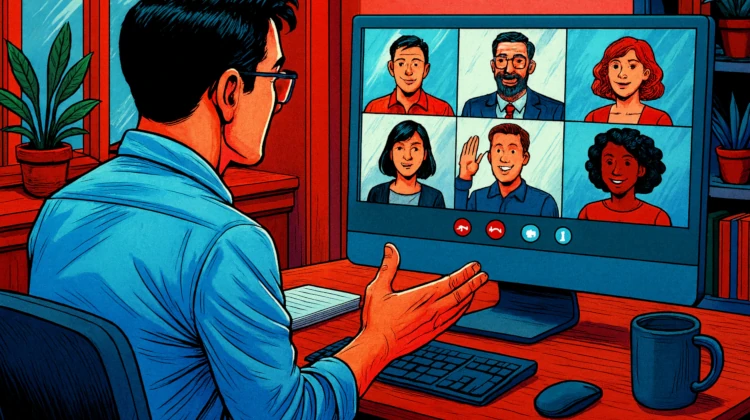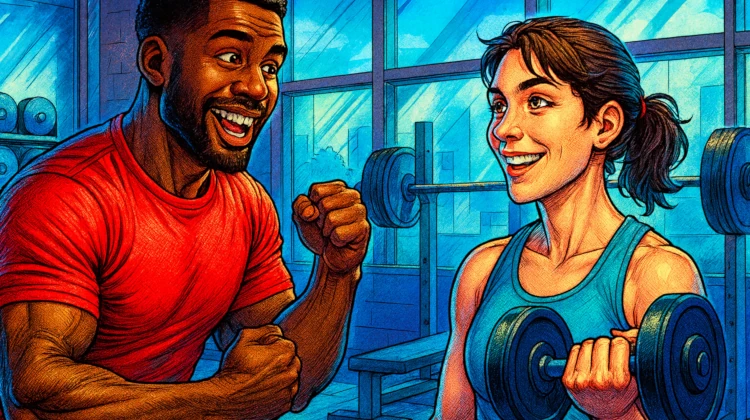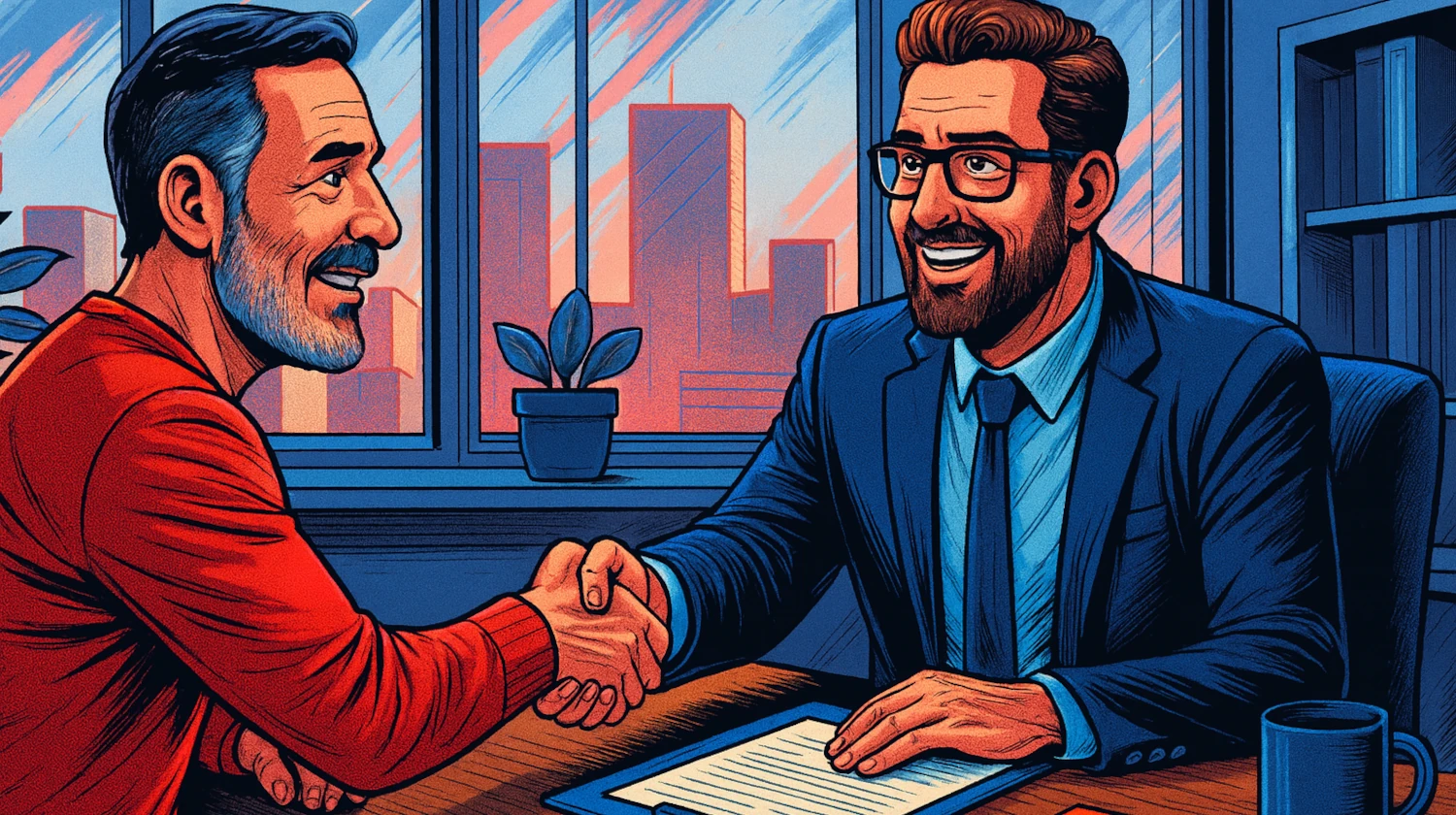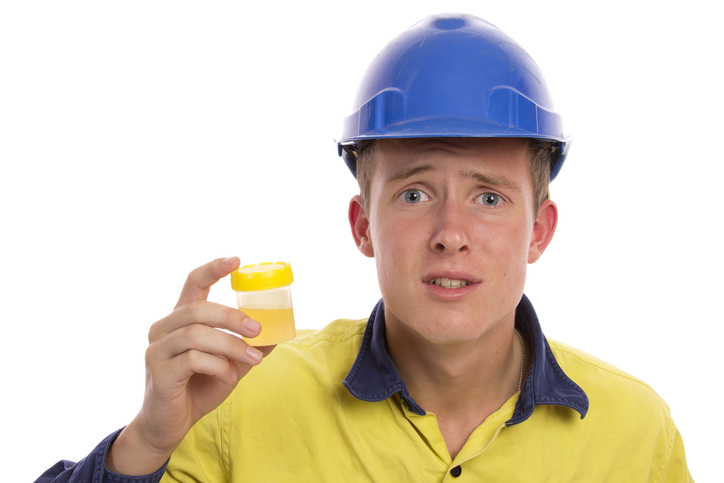In This Article
- Top Companies That Don’t Drug Test
- 1. Amazon
- 2. Retail: Target and Walmart
- 3. Food Service: Starbucks and Chipotle
- 4. Tech: Apple and Microsoft
- 5. Groceries: Whole Foods and Trader Joe's
- Career Paths That Typically Don’t Involve Drug Tests
- Creative Work (Writing, Music, Art, Fashion)
- Technology (Web Development, Programming, Design)
- Food & Hospitality
- Entrepreneurship & Freelance
- Fitness & Wellness
- Cannabis Industry
- Why Finding Jobs That Don't Drug Test Matters
- How to Tell if a Job Drug Tests
- States That Limit Cannabis Testing
- Types of Jobs to Avoid as a Cannabis Patient
- Employment Drug Testing FAQs
- Can You Say No to a Drug Test for a Job?
- What Remote Jobs Don’t Require a Drug Test?
- What Kinds of Tests Do Companies Use?
- How Long Does THC Stay in Your System?
- Does CBD Show Up on a Drug Test?
Key Takeaways About Jobs That Don't Drug Test
- Big-name employers like Amazon, Target, and Starbucks have eased up on cannabis testing, opening more doors for patients.
- Creative fields, tech, and freelance jobs tend to skip screenings, while safety-heavy roles usually still require them.
- States including California, New York, and Nevada now protect workers from outdated THC testing in many situations.
Imagine landing the perfect job, only to lose it over the medicine you take at night. That’s why finding jobs that don't drug test for THC is so crucial for patients, and not every employer does. Some industries and major brands are leaving cannabis out of the equation entirely.
Top Companies That Don’t Drug Test

If you’re worried about drug tests, the good news is that some big names have already ditched them. These companies span retail, tech, food service, and even fitness, so there are options whether you’re looking for a steady paycheck or a career with growth potential.
1. Amazon
Amazon made headlines in 2021 when it announced it would no longer test most workers for cannabis, treating it similarly to alcohol. Unless you’re applying for a federally regulated driving role, cannabis use in your off-hours won’t be an issue.
2. Retail: Target and Walmart
On the retail side, Target has scaled back testing in recent years, generally screening only for safety-sensitive roles such as warehouse or security positions. Walmart takes a similar approach. Most store jobs don’t involve testing, though pharmacy and heavy-equipment positions still can.
3. Food Service: Starbucks and Chipotle
In food service, Starbucks doesn’t require baristas to undergo testing, which aligns with the brand’s flexible scheduling and employee benefits. Chipotle also skips screenings. If you can roll a burrito, you’re good.
4. Tech: Apple and Microsoft
Tech companies often prioritize performance and innovation over drug testing. Apple and Microsoft don’t publicly disclose their testing policies, but anecdotal reports suggest testing is uncommon for most non-safety-sensitive roles.
5. Groceries: Whole Foods and Trader Joe's
And if you’d rather stock groceries than write code, Whole Foods and Trader Joe’s are widely known to skip cannabis testing, too. Both brands lean into employee-friendly cultures that focus on performance, not what you do after hours.
Career Paths That Typically Don’t Involve Drug Tests

Not every job comes with a cup-and-test-strip welcome. Many fields care more about your performance than what you do on your own time, which makes them safer choices for cannabis patients.
Creative Work (Writing, Music, Art, Fashion)
Whether you’re writing ad copy, spinning tracks, or sketching designs, creativity-driven industries usually don’t bother with drug testing. In fact, the idea you jot down mid-sesh could be the one that wins over the client.
Technology (Web Development, Programming, Design)
Tech companies are notorious for valuing results over rigid rules. As long as you ship code and meet deadlines, most employers don’t care what’s in your bloodstream.
Food & Hospitality
From line cooks to baristas, the restaurant world is more focused on getting plates out than policing cannabis. Once the shift’s done, the only thing that matters is making it through tomorrow’s prep.
That said, employees in safety-sensitive food service positions, such as delivery drivers or heavy-equipment operators, may still face testing requirements under local or federal safety regulations.
Entrepreneurship & Freelance
When you’re your own boss, you set the rules. No HR department means no drug test, just deadlines and hustle.
Fitness & Wellness
Trainers, coaches, and yoga instructors usually work independently. Some professionals report using cannabis to support their own wellness routines, though such use should always comply with local laws and employer policies.
Cannabis Industry
The most obvious option. Dispensaries, cultivation facilities, and marketing firms in the cannabis industry rarely test employees for cannabis, though individual companies may still set their own policies.
Why Finding Jobs That Don't Drug Test Matters
For many cannabis patients, drug tests are a roadblock standing between them and jobs they’re fully qualified for.
THC can stay in your system long after the effects are gone, which means a positive result doesn’t always directly reflect your ability to work safely or effectively, just whether you enjoyed a joint last night, or a day or two or seven ago.
The reality is, drug tests don’t measure how you perform at work. They only flag past use, sometimes, depending on the person’s consumption routine, even a few weeks back.
For medical cannabis patients who rely on cannabis for symptom management, that can sometimes mean choosing between their treatment plan and their paycheck.
Thankfully, the tide is turning. More employers are dropping THC screenings and focusing on what really matters: whether you show up, get the job done safely, and do it well.
This change not only helps patients but also opens the door for talented workers who no longer have to hide their medicine to earn a living.
How to Tell if a Job Drug Tests

Nothing kills job-search momentum faster than finding the perfect role only to realize it comes with a drug test you can’t pass. Unfortunately, not every employer is upfront about their policies, which means you may have to do some detective work before hitting apply.
The job description is a good place to start. If the role involves driving, handling heavy machinery, or managing safety-sensitive tasks, chances are a drug test is part of the deal. On the other hand, for retail, office, or creative positions, especially in states with legal cannabis, testing is becoming less common.
When the listing doesn’t give you a straight answer, turn to the internet. Sites like Glassdoor or Indeed often include employee reviews that spill the details on hiring requirements. And if you’re really serious about a job, asking a recruiter directly is fair game. It may feel awkward in the moment, but it beats being blindsided later.
States That Limit Cannabis Testing
Even if a company wants to drug-test, it doesn’t always have the final say.
A growing number of states have passed laws that protect workers from being penalized for off-the-clock cannabis use. These employment protections aren’t blanket free passes, but they’re a big step away from outdated zero-tolerance policies.
Take California, for example. Since 2024, most employers can no longer discriminate against employees who test positive for non-psychoactive cannabis metabolites. That’s huge, because standard drug tests often flag cannabis long after the high has worn off.
New York took it even further, prohibiting most employers from testing for cannabis at all unless the role is safety-sensitive. Nevada was way ahead of the curve, banning pre-employment marijuana testing for most jobs back in 2020.
New Jersey's cannabis law prevents workplace discrimination based on off-the-clock cannabis use, including pre-employment drug testing. Safety-intensive positions are the only exception to the rule. Unfortunately the law falls short of allowing employees to sue in cases of discrimination.
Other states, like Connecticut and Rhode Island, also restrict how cannabis can be factored into hiring or firing decisions. The details vary, though. Some laws focus on pre-employment screenings, others cover protections once you’re hired.
Of course, there are still exceptions. Jobs involving federal contracts, transportation, healthcare, or heavy machinery often remain tied to stricter testing rules. Federal agencies, including the Department of Transportation, maintain zero-tolerance cannabis policies regardless of state legalization status. But for many workers, these state laws create breathing room that didn’t exist just a few years ago.
Types of Jobs to Avoid as a Cannabis Patient
Not every career plays nice with cannabis. If your medicine is part of your routine, you’ll want to think twice before stepping into certain roles.
Anything under federal oversight, like commercial trucking, aviation, or federal government jobs, still comes with strict zero-tolerance rules. Even if your state says cannabis is legal, the Department of Transportation or other federal agencies won’t see it that way.
Healthcare positions in hospitals and nursing homes can also be tricky. Some employers maintain drug-free workplace policies because of patient safety concerns, even in states with legal cannabis.
And of course, safety-sensitive jobs. Think heavy machinery operators, construction workers, or law enforcement. These almost always require ongoing testing. It’s less about off-duty choices and more about liability if something goes wrong on the clock.
Employment Drug Testing FAQs
Can You Say No to a Drug Test for a Job?
You can, but most employers will treat it like a failed test and pull the offer.
What Remote Jobs Don’t Require a Drug Test?
Freelance and contract roles, especially in tech, writing, or design, almost never involve testing.
What Kinds of Tests Do Companies Use?
Urine is the most common type of drug test, but saliva, hair, and blood tests show up too.
How Long Does THC Stay in Your System?
It depends on your use and body type, but it can stick around in urine for days or even weeks.
Does CBD Show Up on a Drug Test?
Pure CBD won’t show up, but some products contain trace THC that can trigger a positive result.
The information in this article and any included images or charts are for educational purposes only. This information is neither a substitute for, nor does it replace, professional legal advice or medical advice, diagnosis, or treatment. If you have any concerns or questions about laws, regulations, or your health, you should always consult with an attorney, physician or other licensed professional.




